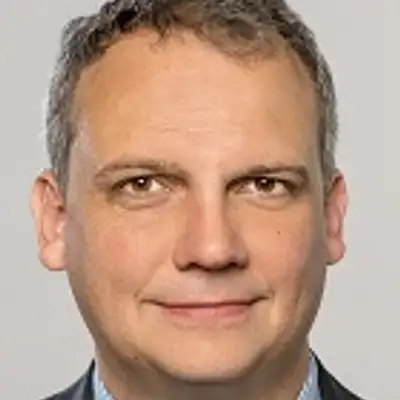Integrating Quantum Computers and Classical Supercomputers with Martin Schultz
Download MP3In this episode of The New Quantum Era, Sebastian talks with Martin Schultz, Professor at TU Munich and board member of the Leibniz Supercomputing Center (LRZ) about the critical need to integrate quantum computers with classical supercomputing resources to build practical quantum solutions. They discuss the Munich Quantum Valley initiative, focusing on the challenges and advancements in merging quantum and classical computing.
Main Topics Discussed:
- The Genesis of Munich Quantum Valley: The Munich Quantum Valley is a collaborative project funded by the Bavarian government to advance quantum research and development. The project quickly realized the need for software infrastructure to bridge the gap between quantum hardware and real-world applications.
- Building a Hybrid Quantum-Classical Computing Infrastructure: LRZ is developing a software stack and web portal to streamline the interaction between their HPC system and various quantum computers, including superconducting and ion trap systems. This approach enables researchers to leverage the strengths of both classical and quantum computing resources seamlessly.
- Hierarchical Scheduling for Efficient Resource Allocation: LRZ is designing a multi-tiered scheduling system to optimize resource allocation in the hybrid environment. This system considers factors like job requirements, resource availability, and the specific characteristics of different quantum computing technologies to ensure efficient execution of quantum workloads.
- Open-Source Collaboration and Standardization: LRZ aims to make its software stack open-source, recognizing the importance of collaboration and standardization in the quantum computing community. They are actively working with vendors to define standard interfaces for integrating quantum computers with HPC systems.
- Addressing the Unknown in Quantum Computing: The field of quantum computing is evolving rapidly, and LRZ acknowledges the need for adaptable solutions. Their architectural design prioritizes flexibility, allowing for future pivots and the incorporation of new quantum computing models and intermediate representations as they emerge.
Creators and Guests

Guest
Martin Schultz
Professor at TU Munich, on board of directors at Leibniz Supercomputing Center, leading efforts at Munich Quantum Valley


